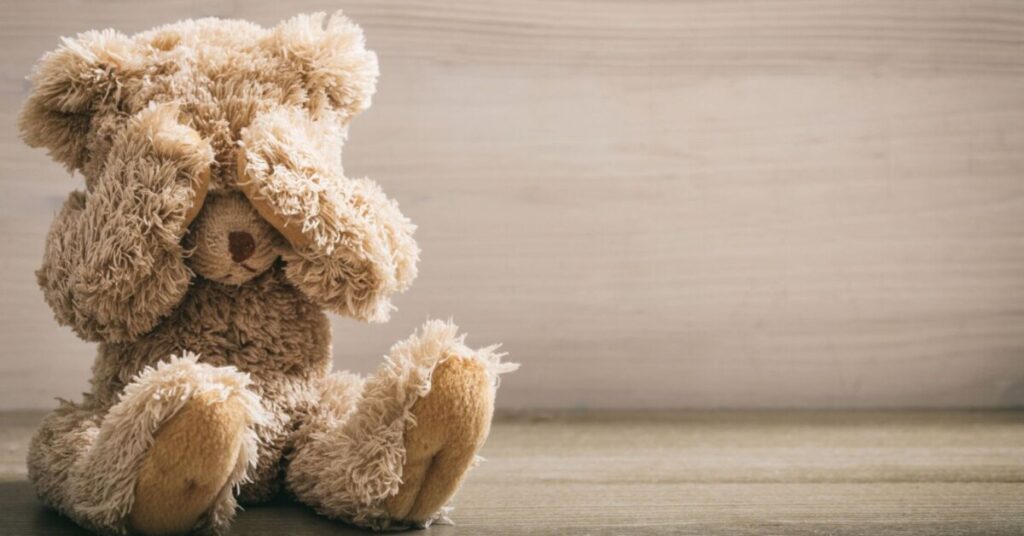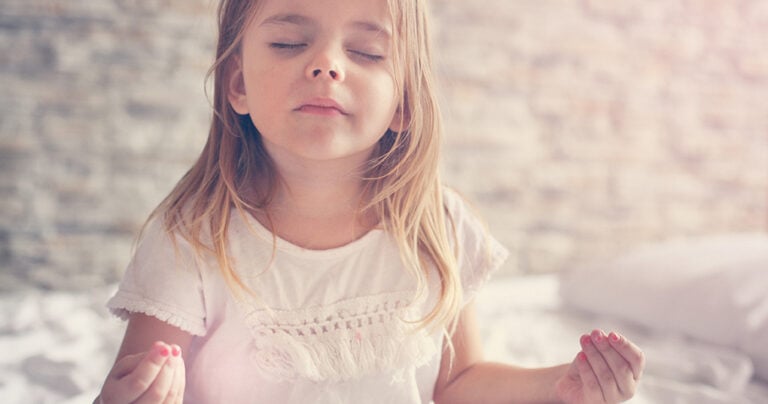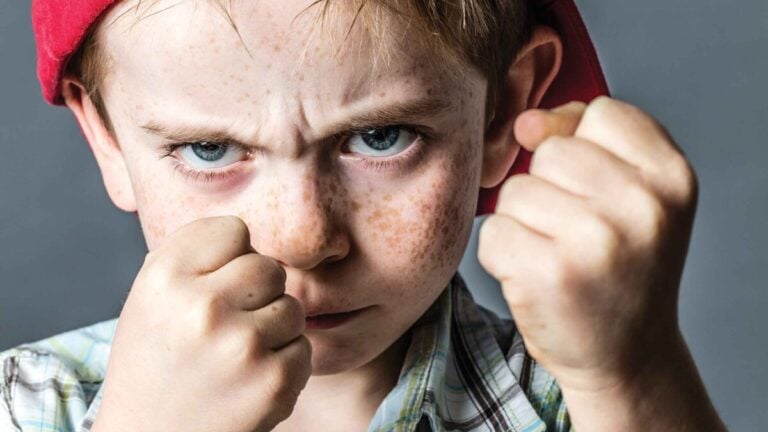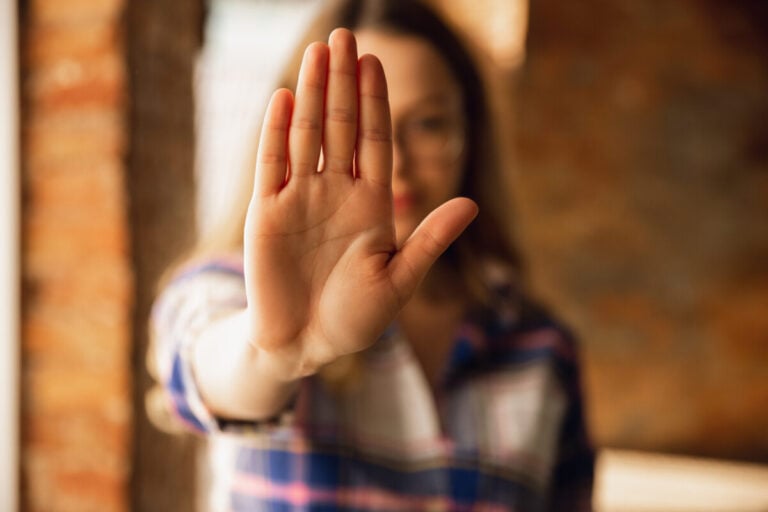When understanding issues of psychosomatics, one cannot ignore the fact that the causes of adult and child psychosomatics are quite different.
So, for adults, the presence of psychological trauma, stress and other negative external factors is the main cause of diseases. While children, having not yet felt the pressure of responsibility, without realizing their limitations and without gaining negative experience, are susceptible to various diseases no less than adults.
So what is the psychosomatic cause of illness in children? In fact, there can be many of them; let’s look at the most common ones.
It’s no secret that a child until about 7 years of age develops a strong emotional connection with his mother. Any long-term separation guarantees serious stress, and we are not just talking about physical separation, but to a greater extent about emotional separation.
For a child’s development, mirror neurons are very much involved, which allow him to recognize and capture the emotional changes of adults by their facial expressions, gestures and appearance. This allows them to read information “from the field” and adapt – this is an ancient mechanism, in fact, an evolutionary trick that allows them to survive by quickly reacting to what is happening around them.
The child is the center of the universe
It is common for small children to feel like the center of the universe and this is not selfishness at all, but a necessity, because without increased attention the baby simply will not survive – he is fed, lulled and entertained, this forms this understanding.
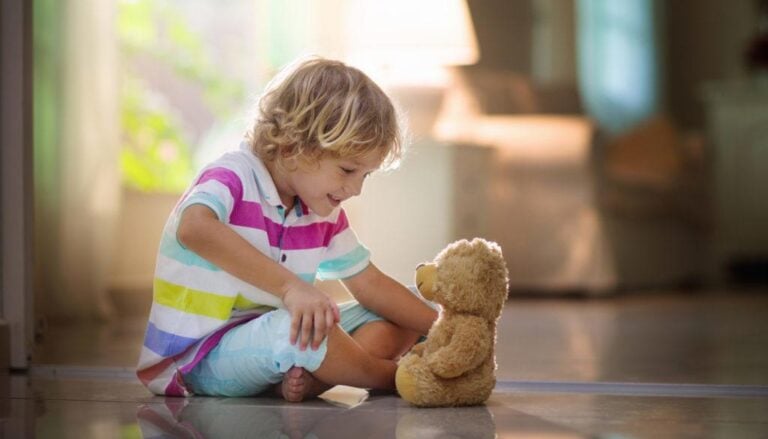
Unfortunately, often the child is generally deprived of attention, he lacks tactility, support, closeness and participation in his life, and then he gets sick – so that his mother takes sick leave and sits next to him. There are several types of parents whose children get sick more often than usual. This could be a “cold mother” or any other significant adult who, although she covers the child’s basic needs – clothes him, feeds him, fulfills her duties, but does not build an emotional connection with him.
Another type of parent is overprotective adults. They watch the baby’s every step, not allowing him to explore this world on his own. In this case, the psychosomatic cause of the disease becomes the fear of the vast world around, full of danger – the child thus broadcasts the picture of the world of the parents. And if parents are characterized by increased anxiety, then the child easily copies this behavior and, as a result, gets sick.
It is important to understand that not only stress or psychological characteristics of the parent affect the child’s condition, but also genetic predisposition to certain diseases, personal characteristics of the parents or child, pathologies, injuries and other external influences on the body at an early age.
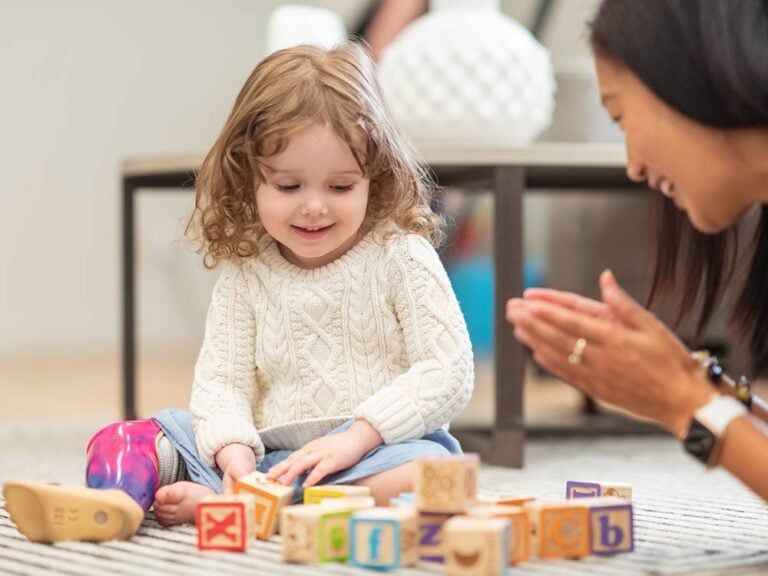
Schoolchildren can experience extreme stress by succumbing to bullying or mobbing in the classroom or children’s group – often these experiences lead to illness, so it is important for parents to build trusting relationship with the child in order to respond to such situations in a timely manner. And sometimes a child’s illness occurs due to secondary benefits: for example, if parents get divorced, then the child tries to “unite” the parents with his illness. Of course, this is not a conscious decision of the child, but rather the reaction of his psyche and the influence of stress.
The key to understanding the psychosomatic causes of childhood illness
The well-known phrase about the fact that you first need to put a mask on yourself, and then on the child, is key in understanding the psychosomatic causes of a child’s illness.
While the adult continues to be stressed, conflicted, and unwell himself, there is a high probability that the child will get sick. Therefore, it is important to begin to understand yourself, try to limit the child from negativity, spend quality time with him, form warm and trusting relationships, engage in hobbies or sports together, introduce him to useful habits, and so on.
